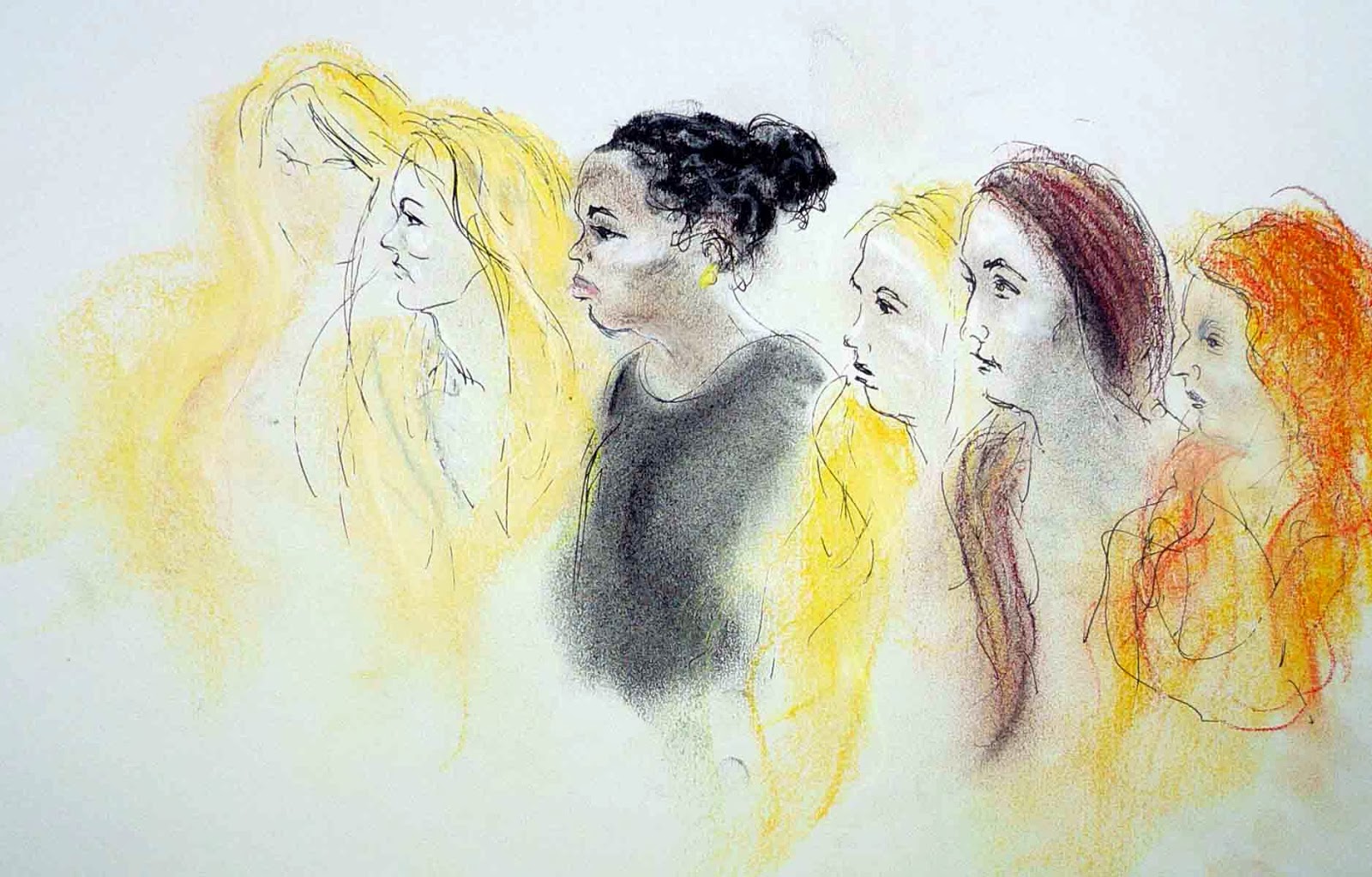Alleged rape victims ‘ambushed’ with sexual history in one third of rape trials

Public gallery, Supreme Court: Isobel Williams
Complainants in more than one third of rape trials are still ‘ambushed’ with questions about their sexual history, a new report has found. Seeing is Believing, published by Northumbria Police and Crime Commissioner Dame Vera Baird QC, examined 30 rape trials heard at Newcastle crown court between January 2015 and June 3016 observed by members of the public. It found that the sexual history of complainants was raised in 11, or 36%, despite laws aimed at excluding such evidence.
The study indicates that rape victims continue to be disadvantaged in criminal trials because defendants raise previous sexual conduct to imply that either they would have been more likely to have consented to sexual activity, or that they are less worthy of belief.
The landmark Youth Justice and Criminal Evidence Act (YJCEA) 1999 aimed to bring an end to this practice, with section 41 stating that previous sexual conduct is not to be considered relevant if the aim is to impugn the credibility of the complainant. The report’s findings, Baird argues, show that previous sexual conduct was being used to discredit complainants ‘in precisely the way that section 41 was intended to prevent’ and that, in the 30 cases selected for scrutiny, ‘the legislation… did not seem to work well”.
Amongst the report’s recommendations to the Crown Prosecution Service is the proposal that the defence should be asked at a pre-trial management hearing if they intend to make an application under section 41 to admit previous sexual history, and that barristers be reminded that they are required to challenge all late applications under section 41. Currently, judges appear reluctant to refuse to hear late applications in case they are relevant to the case – a practice which has the effect of ‘ambush[ing] the complainant and the prosecution’ with details of the complainant’s sexual history.
The report comes four months on from the successful appeal of footballer Ched Evans against his rape conviction. Evans was cleared in October 2016 after his victim’s sexual past was admitted for scrutiny. Dame Baird condemned the outcome, commenting at the time: ‘The only difference between a clear conviction of Mr Evans in 2012 and the absolute refusal of his having any leave to appeal at that time, and his acquittal now, is that he has called some men to throw discredit on [the woman’s] sexual reputation.’ Fears have been raised of an increase in the number of defendants successfully applying to have the sexual history of their alleged victims used as evidence under section 41 YJCEA 1999 in the wake of the Ched Evans case.
Dame Baird said that she hoped the findings of her report would be used to inform the Justice Secretary, Liz Truss’s current enquiry into the admission of previous sexual history in rape trials.






